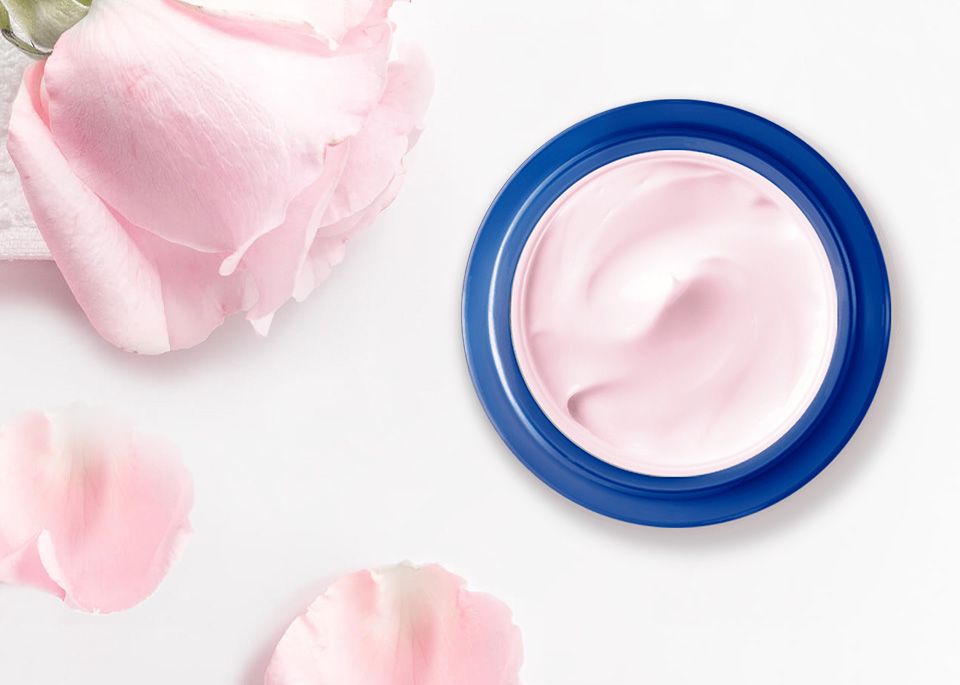Tested for you: Rose care line from Italy “Acqua alle Rose”
Acqua alle Rose is the second brand that has found its way into my bathroom in Italy, alongside Borotalco. The same manufacturer, by the way. A dear friend from Munich (!) introduced me to it because she wanted to bring the products back to Germany. Together we went in search of Acqua alle Rose. I immediately liked the packaging with its ornate, Italian-antiquated white label on a sea-blue bottle. I was surprised by the reasonable price considering the complicated rose distillation process..
Acqua alle Rose – a look at its history
As the name suggests, rose essence is the basis of all these products. The origins of the line go back a long way. In 1843, Henry Roberts opened the pharmaceutical laboratory H. Roberts & Co. in the center of Florence. However, their distilled rose water only came onto the market in 1867. The mixture of pure distilled water and extracts of precious roses became the beauty secret of generations of Italian women.
As early as the 1930s, production was expanded as demand for rose water continued to rise. In 1983, the first advertisement appeared, claiming that Robert’s rose water “removes the veil of tiredness from your face”. In 2014, the first facial care range was ready for the market, followed in 2020 by a complete range with the unmistakable scent of roses – for all skin types and for all ages..
Roses, roses, roses
A wide variety of roses are used for the distilled rose water – from Rosa Janina (rosehip) and Rosa Mosqueta, which is rich in Omega 3, Omega 6 and vitamin A, to Rosa Centifoglia and the well-known Damask rose, which also has an important name in perfume production. The extracts not only have a high skincare effect, but also give the products their subtle, delicate fragrance.
The rose hip, also known as the shrub rose, is one of the countless species of wild roses that grow wild in the Italian forests, especially in the Apennines. The small red berries are an incredibly rich source of vitamin C, which is contained in up to 100 times the concentration of citrus fruits. In addition to the rosehip berries, parts of the flower such as petals and buds are also used.
Its cosmetic effect is extremely potent, as vitamin C has a strong antioxidant effect that counteracts damage caused by free radicals and combats photoageing. The fruit also contains natural acids with a smoothing and moisturizing effect, tannins and carotenoids.… weiterlesen

CultureAndCream Author from Munich
To travel during my profession as a beauty journalist was never enough for my. Also my six month on a world trip didn’t do it. It always attracts me to other cities, foreign countries, on roadtrips and places I don’t know yet. But I am not only interested in “culture” and “cream”, I am also fascinated by people who have stories to tell . Such unique experiences I want to share with you.
